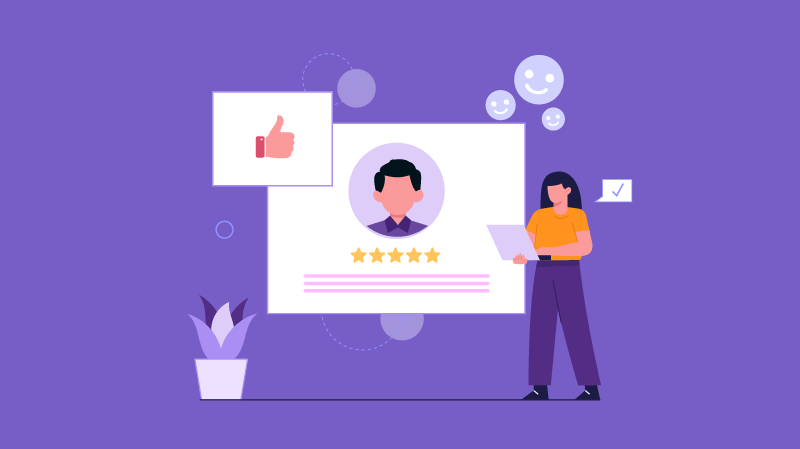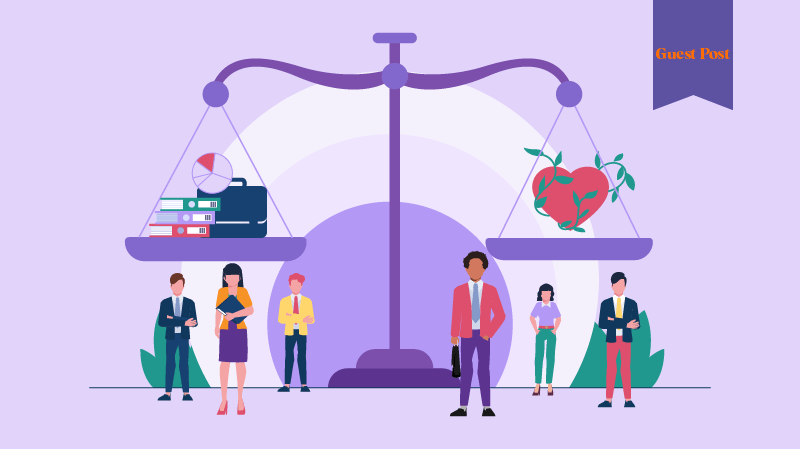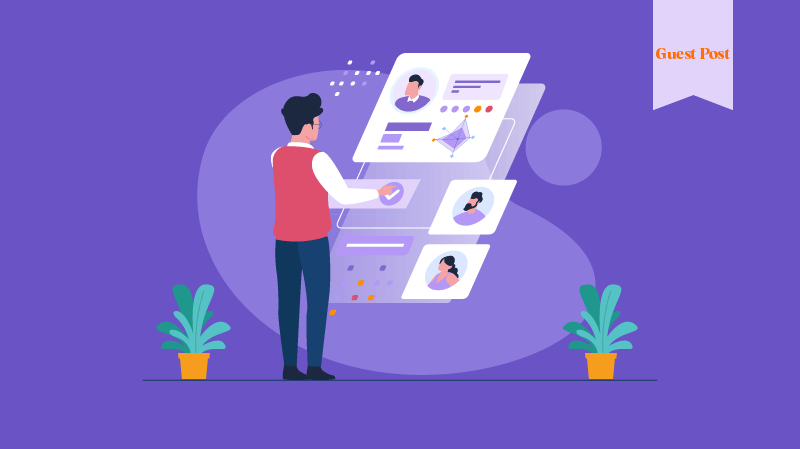How To Choose A Talent Management Software That Does It All
Have you ever wondered how talent management and employee experience are connected?
Imagine an HR team that is knee-deep in the administrative tasks. They use obsolete tools and methods to attract talent, manage job applications, and hire candidates.
The HR team types in and arranges all the paperwork manually and can't send the employment document beforehand, making the new hires do all their paperwork on their first day at work.
Furthermore, with so many HR activities taking their time, the HR team barely has any time to set up an onboarding plan for the new employees.
All of these lead to a poor experience for the candidate joining your company. Recruitment, an essential function of every organization, is one of the junctures where Talent Management and employee experience are connected.
Similarly, Performance Management, Payroll, Learning Management systems are all integral parts of Talent management that provide a great employee experience.
As a result, investing in Talent Management is paramount, mainly when providing excellent employee experience is the defining aspect of your company culture. And it starts, not from the first day as an employee, but the moment they apply for a job in your company.
Always treat your employees exactly as you want them to treat your best customers.
~ Stephen Covey, Educator, Businessman, and author of 7 Habits of Highly Effective People
In simple words, managing talent should be characteristic of every employee-centric organization. You save the time spent on administrative tasks and channel it to more strategic functions by automating them.
This is where Talent Management Software comes in.
Making HR Processes Effortless With Talent Management Software
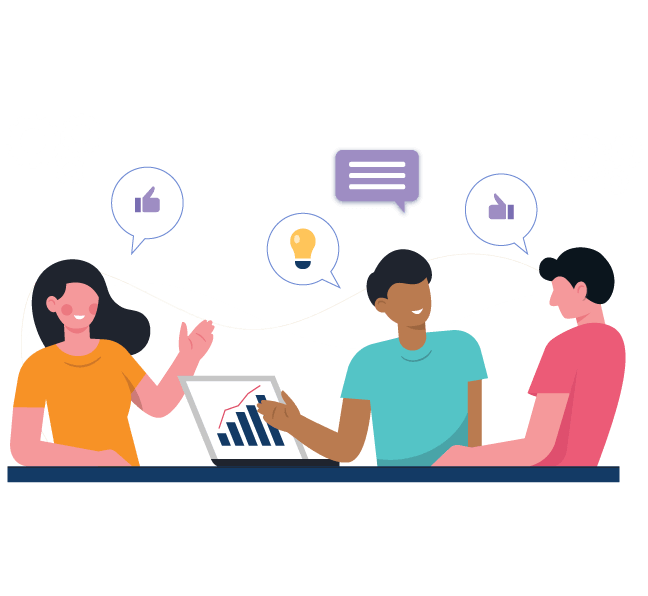
The HR team is the linchpin that connects employees and the organization. Given their strategic importance, it is vital that they spend more time on devising innovative ways to find, engage, and retain employees and not be held back with paperwork.
Talent Management Software can help automate some of the redundant tasks and optimize existing processes. To dive a little deeper, they can:
1. Accelerate Recruitment
According to the Recruiting Benchmark report by Jobvite, the average time to hire is approximately 38 days.
A talent management system can speed up the process, automating all the repetitive tasks. Right from the moment an open position is available in a team, you can automate all the processes until it is filled in.
With Talent management software like Freshteam, you can place a job requisition request, post job openings on multiple job boards, parse resumes, and evaluate candidates, all in a single day's work.
Once you filter your candidate list, schedule interviews with them, and collaborate with the hiring panel in real-time. Once everything looks good, make an offer they can't refuse—all of this, and a lot more, from one single tool.
2. Bring Employee Data Under One Roof
Admin tasks involve document management spread across shared drives, spreadsheets, and software, all of which work independently.
Some of these tools need manual labor, which can be time-consuming. Talent management software can bring the data together for easy access for both HR teams and the employees.
Thanks to Document Management, when a new employee joins, save their employment document against their employee profile.
Enable employee self-service portal if the software provides that, so that employees can make changes in their profile as and when they see fit, taking the pressure away from the HR team.
3. Help Retain The Star Employees
Nothing frustrates the employees more than redundant apps that consume time instead of saving it. Your organization might be using HRIS software that manages employee data.
Still, if it is a pain to use it, employees are likely to postpone their responsibilities, which can cause operational delays. Further, the frustration can lead to poor employee experience.
The right tools will provide a smooth experience to your employees right from day one. For instance, an onboarding tool will automate the entire onboarding process striking a great first impression with your new hires. It sets precedence on how things would be in their new workplace.
4. Assess Their Performance And Reward Them
Appreciation brings out the best in your employees. It makes their work purposeful and motivates them to do their best. It lets them know how their work impacts the overall goals, and they strive to perform well.
Talent Management software will help them track their goals effectively and stay on the right track.
Enter monthly, quarterly, or half-yearly goals, assign them to the team members and stay on top of their progress. Nudge them occasionally to know how they are doing on their goals, send them reminders, recognize their work, and reward them well when they exceed expectations.
5. Develop A Career Path For Them
Another important aspect where talent management software can help is employee training and career development.
Develop a growth charter for your employees, and provide means to achieve their development goals.
Talent management software often comes with a learning module that offers courses, training materials, and assessment tests that employees can use to develop their skills and grow in their careers.
It also lets them know about open positions and internal promotions in your company, allowing them to grow in the same company.
6. The Motivation To Make The Switch
It largely depends on current methods used by HR teams for Talent Management. Manual techniques such as spreadsheets or paper take up space, time and cost a lot of money in the long run.
Some organizations may already be using a talent management system that does not meet their requirements or provide great customer service. It may not seem worth the price or they may not have specific features to suit their growing needs.
Then some others use non-HR software like a CRM system to take care of their talent management needs, which would seem insufficient to meet their growing needs. It becomes essential to switch to a talent management system that can care for your requirements in such cases.
Things To Keep In Mind While Choosing A Talent Management Software
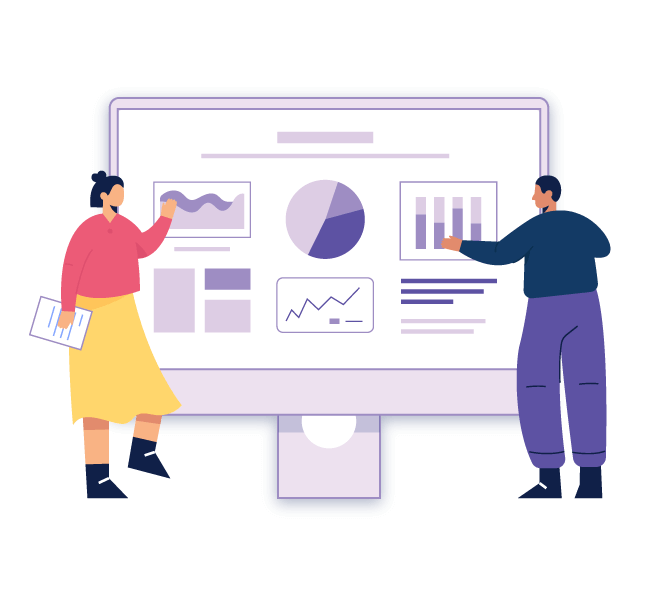
1. Identify Your Needs From Wants
Most recruiters use Recruiting CRM Software for their hiring. The main advantage of CRM is that it improves the effectiveness of hiring candidates while also making the process simpler and faster. The efficiency can vary with the advancement of technology.
Some features are essential, while others will be required shortly as your company scales. It is important to prioritize your requirements in these categories first and then move on to good-to-have features.
2. Find Vendors Who Can Offer What You Are Looking For
Once you identify your needs, look for vendors that fit the bill. It can be a web-based cloud solution or an offline on-premise system that can handle your growing needs.
3. Customer Reviews
It is essential to know the reviews of the existing customers. Visit the testimonials on the vendors' websites, or check for the reviews on sites like G2Crowd, Capterra, Technology Advice to see how the product is perceived in the market.
4. Pricing
Check if the pricing is affordable and check if there are any add-ons or hidden payments involved.
5. Integration Capabilities
Does the product integrate with other tools? If not, do they provide an API integration facility?
6. Talk To The Team
Most importantly, talk to the team. Evaluate the response offered by the support team, and understand how the product is likely to grow in the future.
Conclusion
The success of your employees lies not just in the profits you make or the customers you gain. It depends on how your employees feel about your company.
Work culture, leadership, remuneration all play a role in the employees' perception of the company, but none of them compare to the experience they receive from their employers.
Understand their needs, enhance their strengths and correct their weaknesses, and make them feel important.
Use the right tools to automate repetitive tasks to provide a smooth experience, from the day of joining until they retire, enabling HR leaders to be strategic business partners.
After all, experiences build stories, and every employer would want their employees to tell good stories about them.




